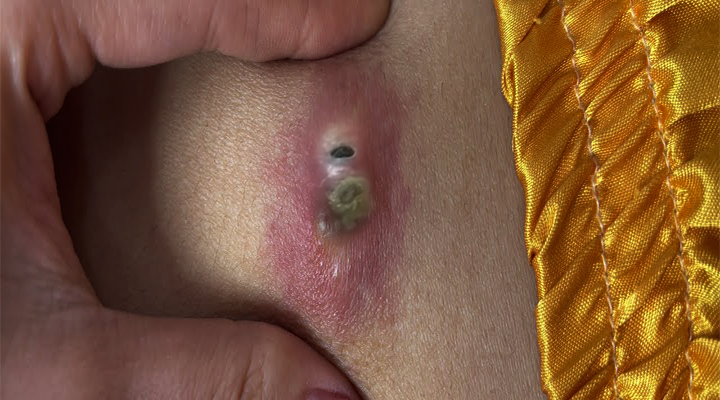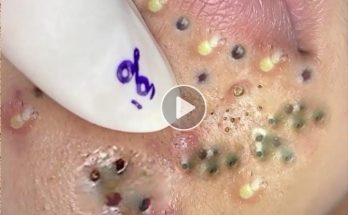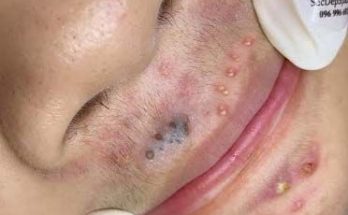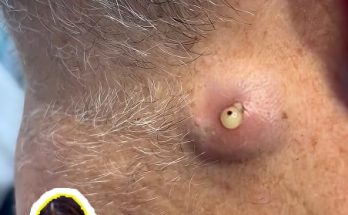Acne is a common skin condition that affects millions of people worldwide. It typically appears during adolescence but can affect individuals of all ages. While it is often considered a cosmetic issue, the underlying causes of acne are far more complex and involve multiple factors. Understanding these factors can help in preventing and treating acne effectively.
One of the primary reasons for acne is the overproduction of sebum, an oily substance produced by sebaceous glands in the skin. Sebum is essential for keeping the skin moisturized and protected from environmental factors. However, when the sebaceous glands produce excess sebum, it can mix with dead skin cells and clog hair follicles, resulting in the formation of acne. Clogged pores create an ideal environment for bacteria, particularly *Propionibacterium acnes*, to thrive, leading to inflammation and the development of pimples, blackheads, and cysts.
Hormonal changes are another significant cause of acne, especially during puberty. The body undergoes various hormonal shifts, particularly an increase in androgens, which are male hormones present in both men and women. These hormones stimulate the sebaceous glands to produce more sebum, increasing the likelihood of clogged pores and the development of acne. Hormonal fluctuations can also occur during menstruation, pregnancy, and the use of certain birth control methods, which is why many individuals experience breakouts at specific times in their lives.
Genetics also play a crucial role in acne development. If one or both of your parents had acne, you are more likely to experience it as well. Genetic factors can determine how active your sebaceous glands are, how your body responds to hormones, and how your skin regenerates. For some individuals, acne may run in the family and manifest in their teenage years, while others may develop it later in life. Understanding your family’s acne history can help you anticipate and manage the condition more effectively.
Stress is another contributing factor to acne. When you are under stress, the body produces higher levels of cortisol, a hormone that can increase the production of sebum. This, in turn, can lead to clogged pores and the formation of acne. Stress can also weaken the immune system, making the skin more susceptible to infections, including the bacteria that cause acne. Managing stress through relaxation techniques, exercise, and a balanced lifestyle can help in reducing the frequency and severity of breakouts.
Dietary factors have also been linked to acne development. While there is no direct scientific proof that certain foods cause acne, some studies suggest that diets high in refined sugars and dairy products may trigger breakouts in some individuals. Foods with a high glycemic index, such as white bread and sugary snacks, can cause spikes in insulin levels, which may lead to an increase in sebum production. Dairy products, particularly milk, have also been associated with acne in some individuals, possibly due to the hormones and growth factors present in milk. Maintaining a balanced diet rich in fruits, vegetables, and whole grains may help in managing acne.
Environmental factors, such as pollution and humidity, can also contribute to the development of acne. Pollutants in the air can clog pores and cause inflammation, while high humidity levels can increase sweating, which may mix with oils and dirt on the skin, leading to acne. Additionally, the use of harsh skincare products or excessive scrubbing can irritate the skin and exacerbate acne. It is essential to use gentle products suitable for your skin type and to avoid over-cleansing.
In conclusion, acne is a multifactorial condition with several contributing factors. The overproduction of sebum, hormonal changes, genetics, stress, diet, and environmental factors all play a role in the development of acne. By understanding these causes, individuals can take proactive steps to prevent and manage acne, whether through lifestyle changes, proper skincare routines, or medical treatments. While acne can be frustrating, it is important to remember that it is a common condition and can often be controlled with the right approach.



